The Brics Summit: Russia’s Attempt to Reassert Global Presence
Russian President Vladimir Putin hosted a significant Brics summit in Kazan with 36 world leaders present, aiming to project Russia as a pivotal player on the global stage despite facing an ICC arrest warrant. The summit emphasized anti-Western sentiment and a desire to challenge dollar dominance, although member states display ideological diversity and differing interests.
Russian President Vladimir Putin recently hosted an extensive Brics summit in Kazan, attracting 36 world leaders from various nations, including notable figures from China, India, and Iran. This gathering seeks to position Moscow as a significant player on the global stage, thereby countering the narrative of isolation following the full-scale invasion of Ukraine launched in February 2022. The event marks the largest international assembly orchestrated by Putin during a period when he faces an arrest warrant from the International Criminal Court (ICC) regarding the alleged abduction of Ukrainian children. Speculation surrounds whether UN Secretary-General António Guterres will attend the summit, amidst Moscow’s claims regarding his intentions. The ICC’s warrant has led to caution regarding Putin’s international engagements, especially after he chose not to attend the previous Brics summit held in Johannesburg to avoid potential arrest. The Brics group, originally comprising South Africa, Russia, China, Brazil, and India, has since expanded to include countries such as Egypt, the United Arab Emirates, Ethiopia, and Iran. Argentina applied to join but opted out following a change in its presidential elections. New aspirants, termed “hedging states,” are eyeing membership, including Turkey and Saudi Arabia. Amid the assembly, leaders such as Palestinian President Mahmoud Abbas are also present, along with counterparts from Algeria, Azerbaijan, Belarus, Indonesia, and Mexico. A primary agenda for this summit is to establish a counterbalance to the dominance of Western economies, particularly focusing on decreasing reliance on the US dollar. Iranian President Masoud Pezeshkian articulated that Brics could serve as an avenue to resist American hegemony, emphasizing the need for a multipolar economic framework that diminishes US sanctions’ impact. However, the increasing diversity within Brics membership raises concerns of ideological dilution. While nations like India and Brazil share a desire to reduce dollar dependency, their approaches diverge significantly from those of China and Russia. Brazil’s President Luiz Inácio Lula da Silva has been adamant in clarifying that Brics is “not against anyone,” showcasing the complex dynamics at play among member states. The summit is perceived as a significant diplomatic win for Putin, reinforcing Russia’s position as a vital player within a growing coalition capable of influencing future international order. Experts remark that this gathering not only counters the narrative of Russia as a global outcast but also aligns with non-Western nations seeking to navigate international relations independently from Western influence. Looking ahead, geopolitical shifts might favor Putin, highlighted by potential developments such as a possible return of Donald Trump to the US presidency and rising war fatigue in Europe surrounding the Ukraine conflict. The complexity of these evolving dynamics underscores the importance of the Brics group in rethinking economic and geopolitical alliances.
The Brics group, initially formed by five nations—Brazil, Russia, India, China, and South Africa—has expanded to encompass new members, reflecting its ambition to forge a multipolar world order that counters Western hegemony. The most recent summit, hosted by President Vladimir Putin, occurs against a backdrop of increased scrutiny from international bodies like the ICC, which has issued a warrant for Putin’s arrest due to allegations related to the conflict in Ukraine. The group’s objective includes decreasing reliance on the US dollar and addressing political and economic sanctions levied by Western powers. As new countries show interest in membership, the ideological coherence of Brics faces challenges, particularly as member nations navigate their relationships with both Russia and the West.
In summary, the recent Brics summit hosted by President Putin serves as a critical platform for fostering a collective identity among member nations while countering perceptions of Russian isolation. Despite the challenges posed by ideological differences and the complexities of international politics, the summit underscores the ambition to establish a robust alternative to Western economic influence and the dominance of the dollar. As global dynamics shift, the evolving narrative around the Brics coalition will be of paramount importance in shaping the future of international relations.
Original Source: www.theguardian.com
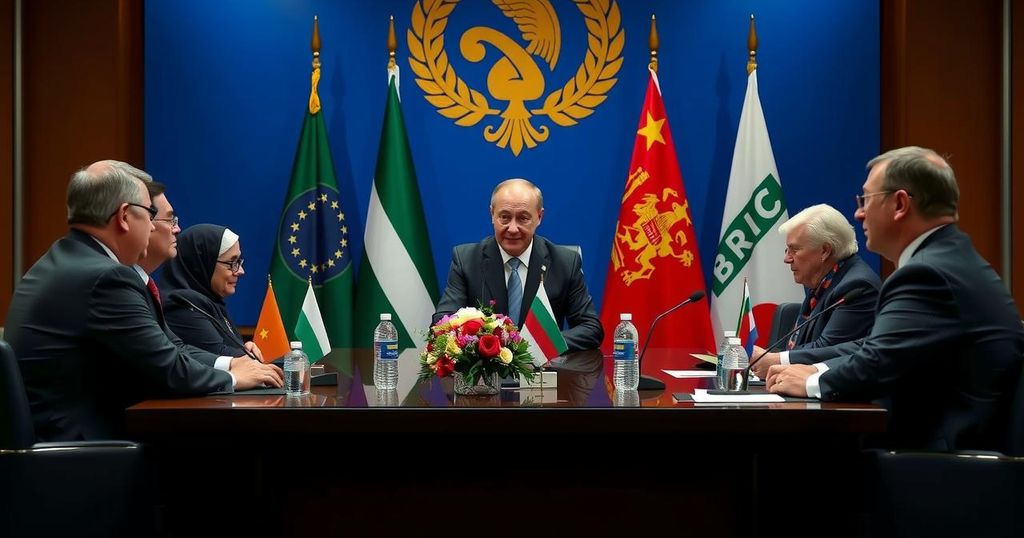
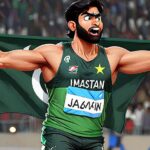
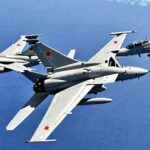

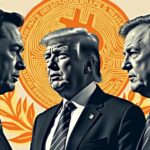
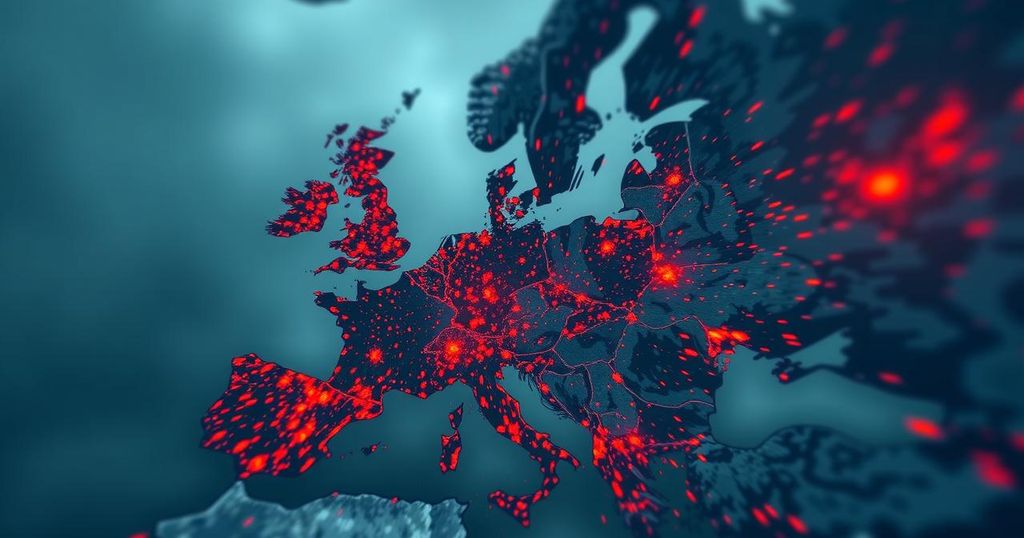

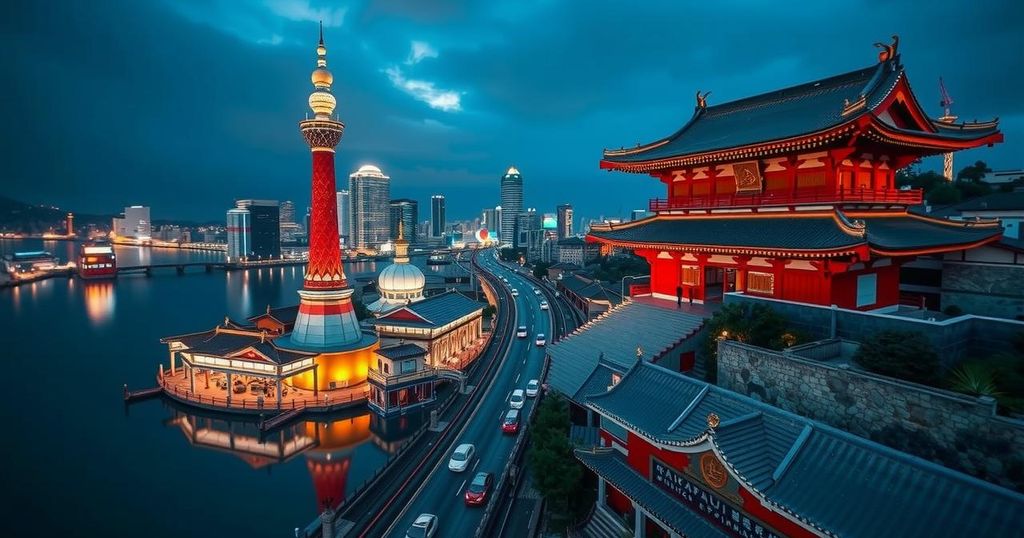
Post Comment